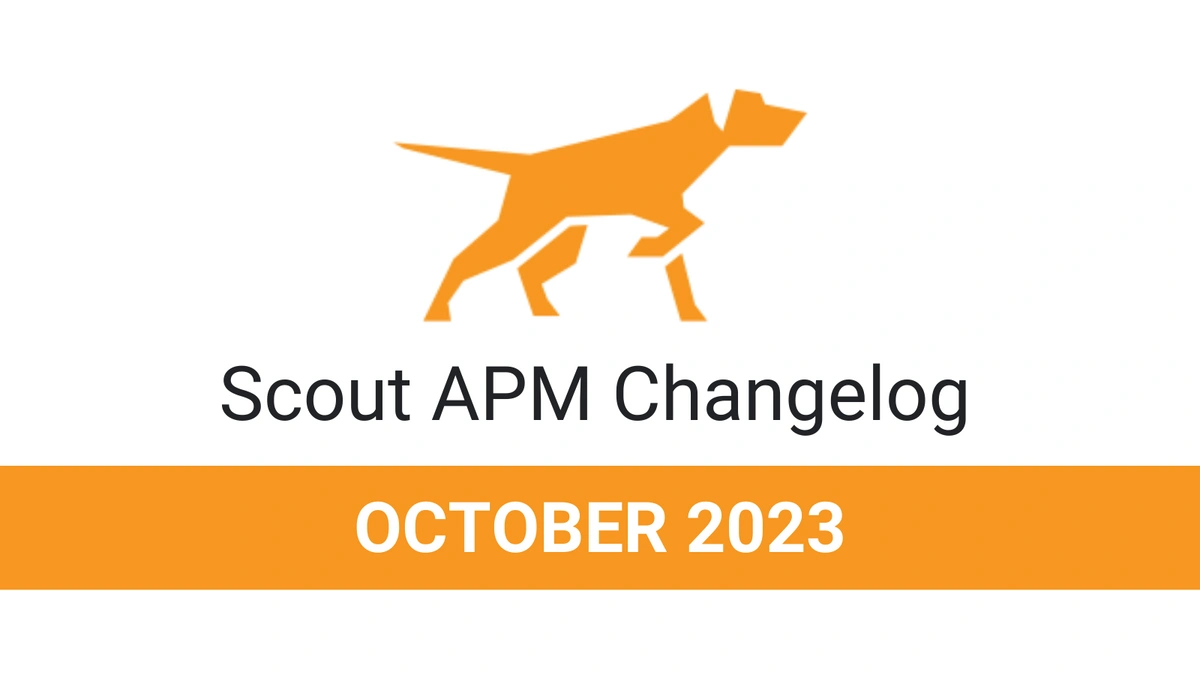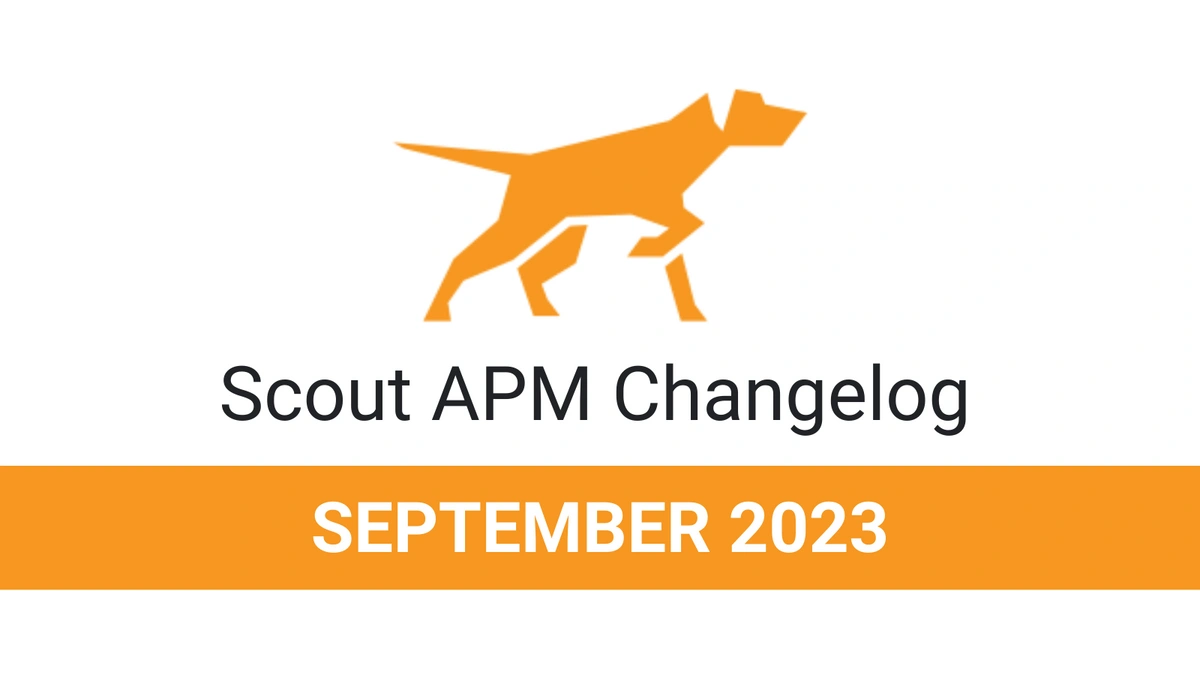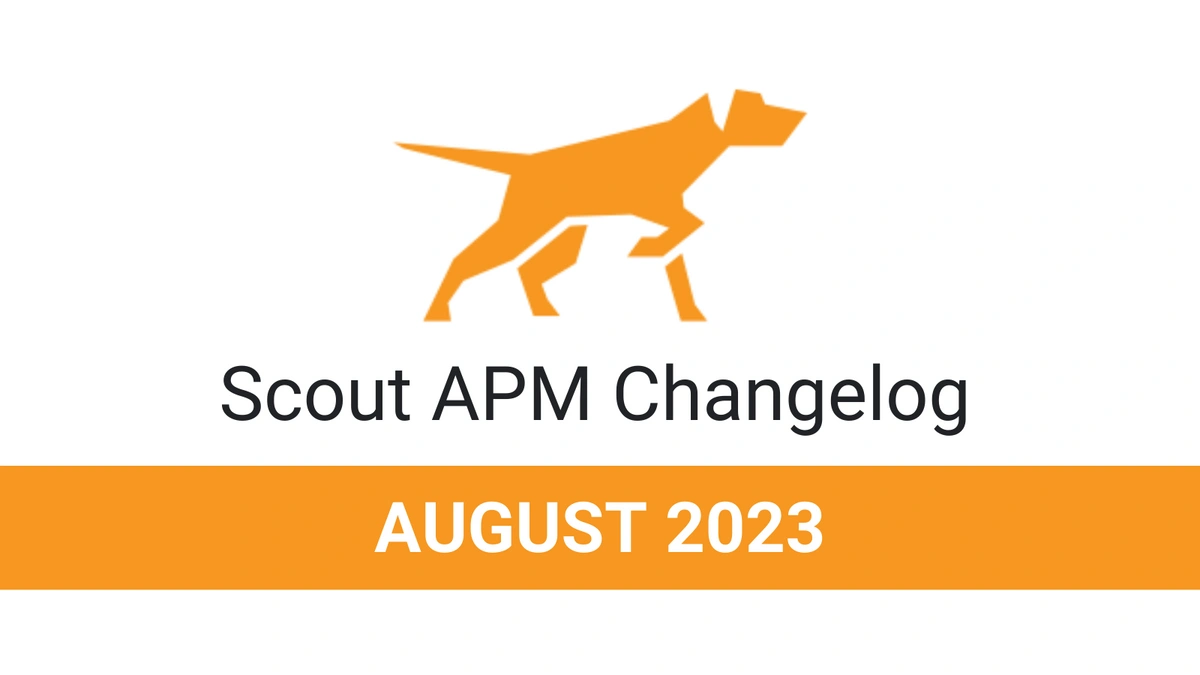Behind the scenes of a self-funded business: a week on RescueTime
One of the things I was most curious about before starting Scout was what my day-to-day life would look like as a business owner versus life as a developer. How much time would I spend writing code? Answering emails? Handling the business bits? Would I work more?
Three years after launching Scout, I’d like to help answer that question. I used RescueTime to track activity on my computer. Since almost all of my work is from my laptop, it’s an easy way to get a breakdown.
40 hours 31 minutes of work

I didn’t disable RescueTime during the workday, so this includes breaks, lunch time browsing, etc.
My longest day was Wednesday: 11 hours, 38 minutes of computer time. Occasionally I’ll be in a hyper-productive mode and time seems to fly by: Wednesday was one of those days.
I usually avoid these marathon sessions: (1) there’s rarely anything that urgently requires this effort and (2) it usually wears me out the next day. In this case, the excitement of a big release overcame those issues.
For me, Fridays are usually a light day. It was no different this week: less than 6 hours of time on the computer and less than an hour writing code. I’m just not very productive on Friday afternoons: most of the time, my time is better spent doing something else, like riding my bike.
40 hours of time seems like the maximum amount of time I can spend on a computer and still be effective.
Where did the time go?

My time is spread pretty evenly between communication and scheduling (Gmail), writing code (Textmate, Xcode), and brainstorming + writing (TextEdit and scoutapm.com/blog). This distribution evolved over time: it gives me a good pulse on the business.
The biggest difference between what I did before (Ruby on Rails consulting) and now is the time spent coding: I spend a bit more than an hour per-day writing code. From the outside, that may seem like a strikingly small number. However, remember that Scout isn’t a BETA product: spending most of my writing code three years after launch wouldn’t be a good sign for a focused product like Scout.
My biggest disappointment? I spent nearly 1.5 hours each day in Gmail. I don’t receive that much email: I think I’m checking my email too frequently when I need a mental break. Stepping away from the computer is probably a better use of my time.
Distracting Time: 4 hours, 39 minutes

I spent 2 hours, 23 minutes reading news sites (Hacker News the biggest at 30 minutes) and 2 hours 16 minutes on social networking sites (Twitter the largest at 1 hour, 38 minutes).
I’m cool with not being effective: it’s less than an hour per-day. Some people read People Magazine, I read Hacker News.
Context Shifting
If my pre-Scout self saw this breakdown, my primary concern would be the context shifting between different functions. When I did Rails development, few things exhausted me more than working on several projects on the same day. However, I’ve found switching between different business operations feels great: it keeps me balanced and gives ideas time to simmer.
Takeaway
Lots of interviews with business founders seem to highlight a frantic, risk-taking work day. It doesn’t have to be that way: I imagine my work day isn’t much different than anyone else that works with technology. I’m focused on running a sustainable business that I’ll enjoy being a part of until I’m put in the ground: I think that philosophy shows in how I spend my time.
Subscribe to our RSS feed or follow us on Twitter for more.




